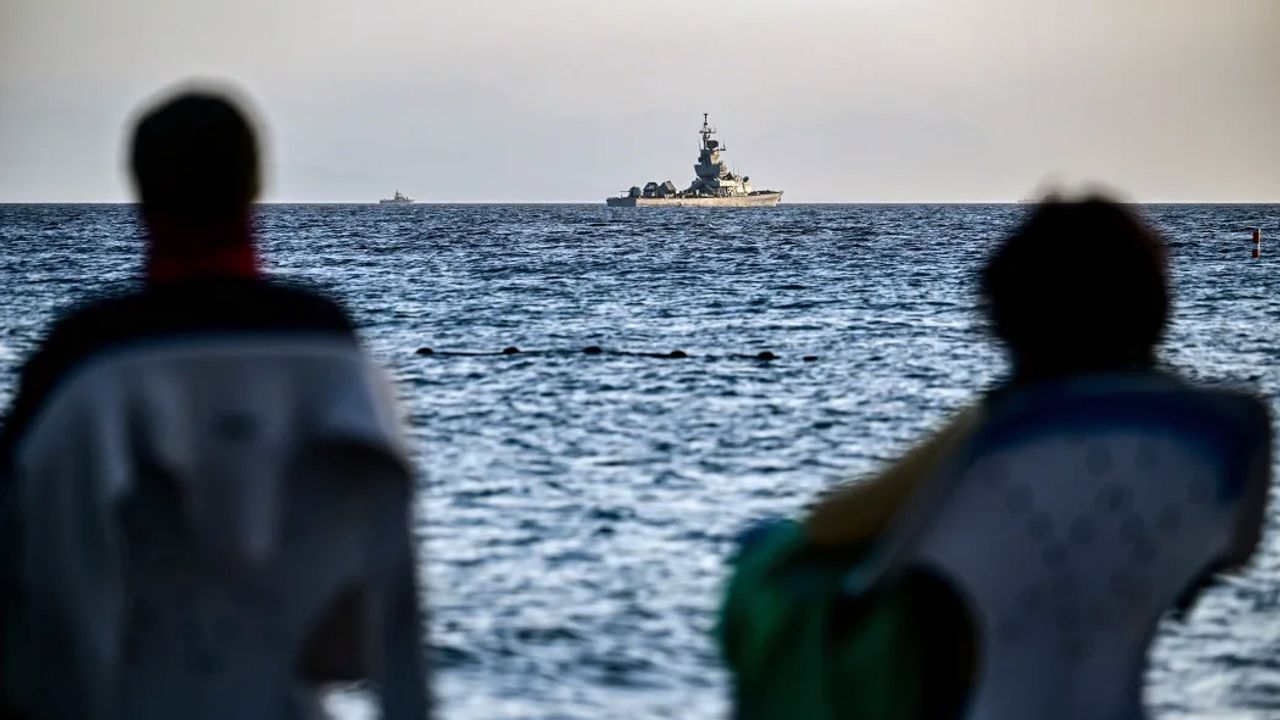The future of Houthi attacks on commercial ships in the Red Sea and the Gulf of Aden remains uncertain following the Israel-Hamas ceasefire agreement reached on Wednesday.
The Iran-backed Houthis began targeting maritime trade routes shortly after Israel launched retaliatory strikes on Gaza following the October 7 attacks. At the time, Houthi leaders stated that the attacks on commercial shipping would end once a ceasefire was in place.
The ceasefire, set to begin on Sunday, will be implemented in phases over 42 days, including the release of Israeli hostages. However, U.S. officials caution that the situation with the Houthis is not yet resolved, with diplomatic efforts still ongoing.
While Hezbollah and other Iranian-aligned groups have scaled back operations, it is unclear if the Houthis will follow suit. Houthi spokesman Mohammed Abdul Salam acknowledged the ceasefire in a post on X but did not confirm whether their maritime attacks would stop.
Adding to tensions, Brig. Gen. Yahya Sare’e, another Houthi spokesperson, claimed on X that the group attacked the USS Harry S. Truman Carrier Strike Group. The U.S. Central Command has yet to respond to these allegations.
With regional security at stake, shipping companies and global trade remain on high alert, awaiting further developments in the Red Sea crisis.







